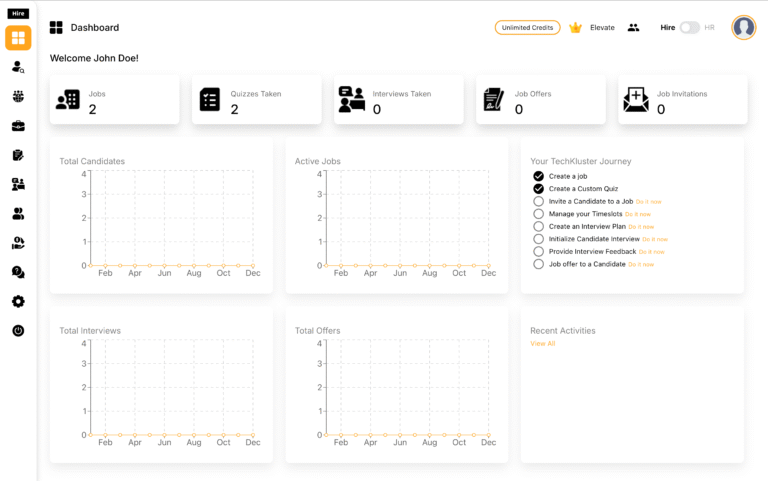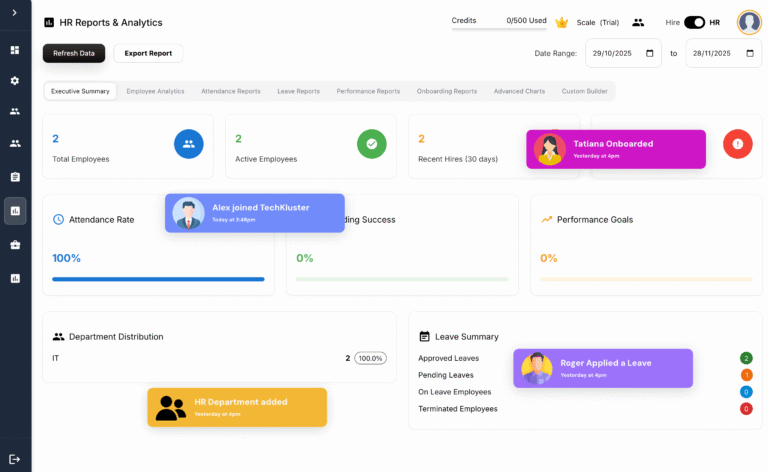Artificial intelligence (AI) is transforming healthcare across the globe, and its applications are growing rapidly. AI has the potential to improve the accuracy and speed of diagnosis, personalize treatments, and reduce healthcare costs. Here are some real-life examples of AI in healthcare, past and future researches, and statistics by country. Medical Imaging: AI algorithms can …
Artificial intelligence (AI) is transforming healthcare across the globe, and its applications are growing rapidly. AI has the potential to improve the accuracy and speed of diagnosis, personalize treatments, and reduce healthcare costs. Here are some real-life examples of AI in healthcare, past and future researches, and statistics by country.
Medical Imaging:
AI algorithms can improve medical imaging by reducing the time and errors in the diagnosis process. One example of this is the Google AI algorithm developed for detecting breast cancer. The algorithm can analyze mammograms and flag potential breast cancer cases that were missed by the radiologist with a higher accuracy rate than traditional methods. Another example is the use of AI in CT scans for stroke patients. An AI algorithm can analyze the scans and help doctors identify the type of stroke a patient is experiencing, which can help determine the best treatment.
Drug Discovery:
AI is transforming drug discovery by predicting how different compounds will interact with specific targets in the body. AI algorithms can also identify novel drug targets by analyzing large datasets of genomic and proteomic data. One example of this is the use of AI in drug discovery for Alzheimer’s disease. Researchers at the University of Toronto used AI algorithms to analyze gene expression data from brain tissue samples and identified a new drug target for Alzheimer’s disease.
Personalized Medicine:
AI can be used to tailor medical treatments to individual patients based on their unique genetic, environmental, and lifestyle factors. One example of this is the use of AI in diabetes management. An AI algorithm can analyze a patient’s glucose levels, exercise habits, diet, and other factors to predict the best treatment plan for the patient.
Statistics by Country:
According to a report by Frost & Sullivan, the global AI in healthcare market was worth $1.3 billion in 2018 and is expected to reach $13 billion by 2025, with a compound annual growth rate (CAGR) of 41.5%. The US is the largest market for AI in healthcare, followed by Europe and Asia Pacific. In the US, the use of AI in healthcare is expected to save $150 billion annually by 2026. In the UK, a recent report by the NHS estimates that AI could save the NHS up to £12.5 billion ($16.3 billion) annually by 2025.
Future Research:
Future research in AI and healthcare is focused on developing new algorithms and technologies that can improve healthcare outcomes. One area of research is the use of AI in predicting patient outcomes, such as readmission rates and mortality. Another area of research is the use of AI in mental health, where AI algorithms can analyze data from wearable devices and social media to predict the onset of mental health disorders.
Conclusion:
AI has the potential to transform healthcare by improving the accuracy and speed of diagnosis, personalizing treatments, and reducing healthcare costs. Real-life examples of AI in healthcare, such as medical imaging, drug discovery, and personalized medicine, are already having a significant impact. As AI technologies continue to evolve, healthcare outcomes will continue to improve, benefiting patients around the world. However, challenges around data privacy, regulation, and bias must also be addressed to ensure that the benefits of AI in healthcare are realized in a safe and ethical manner.
Are you looking to hire experts? Get started now





